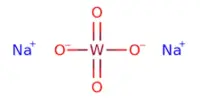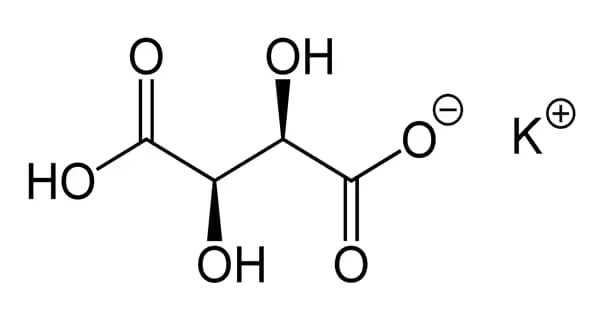The discovery of lead in the Flint water system garnered international headlines, highlighting the terrible repercussions of lead intake. Lead is one of the most frequent heavy metal contaminants, although it is by no means the only one. Even in small amounts, many heavy metals have fatal impacts.
Other heavy metals, on the other hand, are safe to ingest, while others are required for human survival. Dr. Sam Jones has developed a video for the American Chemical Society that explains why the many elements that we bundle together as “heavy metals” have such disparate biological impacts. Jones consumes gold in the process, much like some megalomaniacal monarch of antiquity, but this time it is for science – or at least scientific communication.
As Jones points out, some heavy metals are so important to human health that we have to take supplements if we do not receive enough from our food. Multivitamin tablets are especially likely to contain iron and zinc. Aside from the pocketbook, other heavy metals are physiologically harmless.
Meanwhile, as a linked video demonstrates, lead poisoning may have contributed to the Roman Empire’s demise. It is also the most likely cause of the Western world’s crime increase from the 1960s to the 1990s. Meanwhile, simply hearing about the symptoms of mercury exposure is stressful.
The issue, according to Jones, is not the weight of the metals, but their unique chemistry. Calcium-binding sites in neurons have a greater affinity for lead than calcium, leading them to absorb lead instead of calcium and disrupting brain cell communication.
Mercury’s toxicity is determined by it is phase and its bound to. It is never healthy for you, but it generally goes through in liquid form. Methylmercury, on the other hand, is so quickly absorbed that only a few drops can be fatal.
“Metal toxicity relies on the absorbed dosage, the route of exposure, and the period of exposure, i.e. acute or chronic,” according to a report, published in the Journal of Interdisciplinary Toxicology in 2014.
Even the definition of metal, much alone heavy metal, differs depending on the discipline of study. “Metals are compounds with great electrical conductivity, malleability, and brilliance, which freely shed their electrons to produce cations,” says the toxicology report.
Heavy metals are those with a density of at least five times that of water (roughly the average density of the Earth). An astronomer, on the other hand, considers any element other than hydrogen and helium to be a metal, which would never result in an interdisciplinary communication breakdown.
















